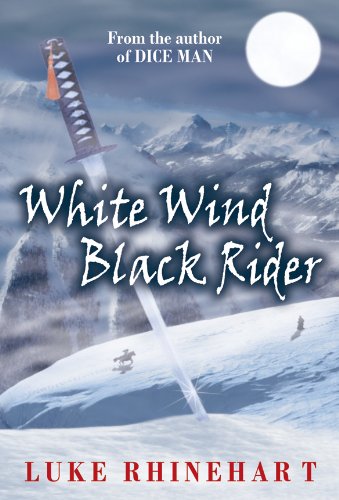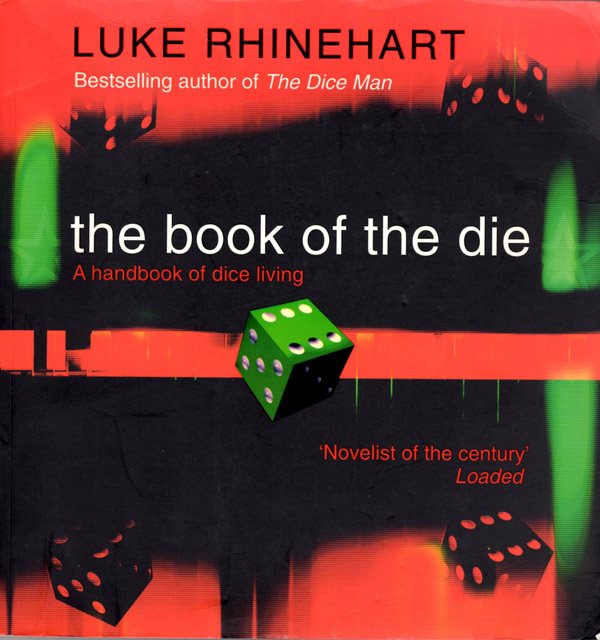Description
This book was partially inspired by my love of Kurosawa’s SEVEN SAMURAI and my long interest in Zen. It is a screenplay written as a short novel. All the action takes place in three days, and centers exclusively on four characters. Half the action takes place around an abandoned temple high in the mountains during a blizzard. The remainder takes place as the protagonists flee down the mountain.
The story is simple: two Buddhist poet-samurai, friends, meet by chance in the abandoned temple when they both take shelter from the blizzard. When they rescue a beautiful woman who is also trying to find shelter, both men, in their very different ways, fall in love with her. Izzy is a glutton and roue, grabbing at life as he continually broods about his death. The younger samurai, Oboko, is almost an innocent, and he idealizes Matari. She claims she is fleeing the wrath of her warlord husband because he has falsely accused her of infidelity. She says that all she was doing was striving to attain some limited freedom from the suppression of women at the Lord Arishi’s court. When the blizzard halts he will come after her.
When a powerful samurai and two lesser samurai suddenly appear seeking the Lady Matari, Oboko and then even Izzi, although he knows it is folly to challenge the power of Lord Arishi, try to hide the fact that Matari is in the temple, and then defend her when she is discovered.
The remainder of the story follows the protagonists as they flee the band of twenty or so of Arishi’s samurai who are pursuing them. Oboko, naive, idealistic, is determined to save Matari from Arishi’s wrath; Izzi knows that sooner or later Arishi will triumph and he himself will die. Matari, not wanting Oboko and Izzy to die for her, loving in different ways both Oboko and Arishi, continually tries to escape from them all.
(WHITE WIND, BLACK RIDER) is . . . a strange jewel of a book: it casts lights and shadows although it is as simply written as a child’s poem. —The Kilburn Times









